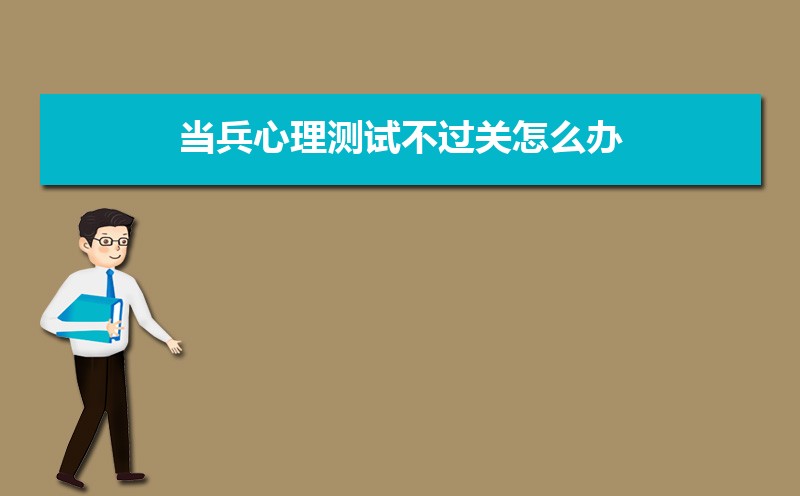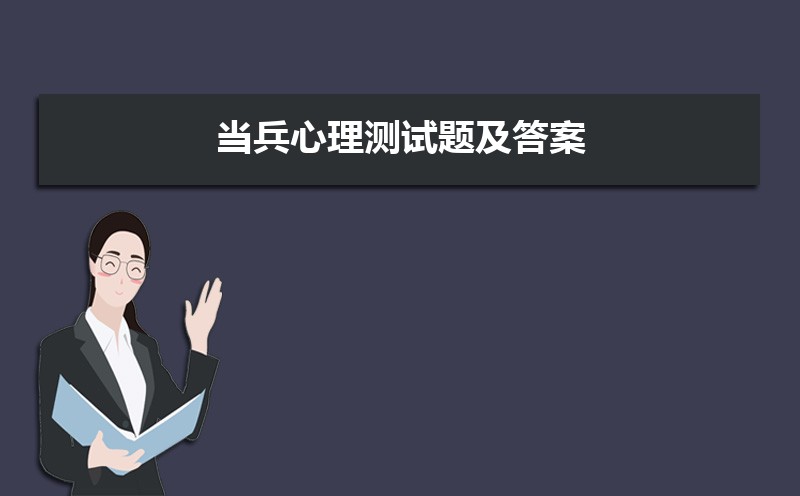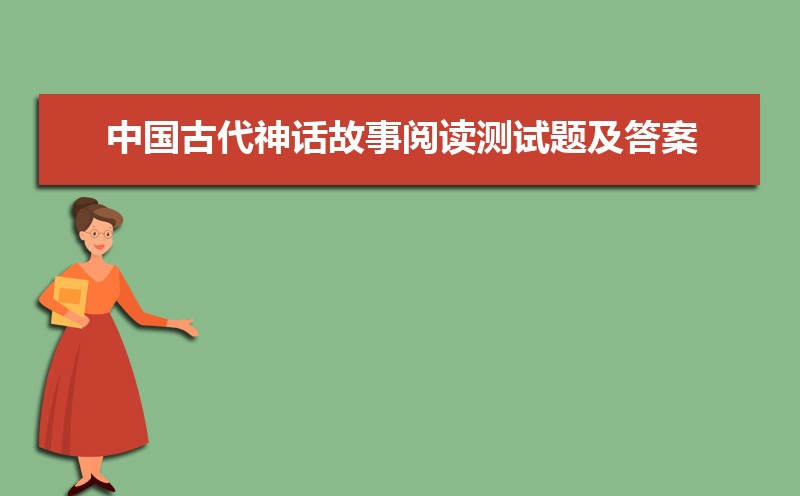當(dāng)前位置:高考升學(xué)網(wǎng) > 考試輔導(dǎo) > 正文
關(guān)于英語(yǔ)比較級(jí)和最高級(jí)的用法歸納
更新:2023-09-17 12:32:19 高考升學(xué)網(wǎng)英語(yǔ)比較級(jí)和最高級(jí)的用法
一、形容詞、副詞的比較級(jí)和最高級(jí)的構(gòu)成規(guī)則
1.一般單音節(jié)詞和少數(shù)以-er,-ow結(jié)尾的雙音節(jié)詞,比較級(jí)在后面加-er,最高級(jí)在后面加-est;
(1)單音節(jié)詞
如:small→smaller→smallest short→shorter→shortest
tall→taller→tallest great→greater→greatest
(2)雙音節(jié)詞
如:clever→cleverer→cleverest narrow→narrower→narrowest
2.以不發(fā)音e結(jié)尾的單音節(jié)詞,比較在原級(jí)后加-r,最高級(jí)在原級(jí)后加-st;
如:large→larger→largest nice→nicer→nicest able→abler→ablest
3.在重讀閉音節(jié)(即:輔音+元音+輔音)中,先雙寫末尾的輔音字母,比較級(jí)加-er,最高級(jí)加-est;
如:big→bigger→biggest hot→hotter→hottest fat→fatter→fattest
4.以“輔音字母+y”結(jié)尾的雙音節(jié)詞, 把y改為i,比較級(jí)加-er,最高級(jí)加-est;
如:easy→easier→easiest heavy→heavier→heaviest
busy→busier→busiest happy→happier→happiest
5.其他雙音節(jié)詞和多音節(jié)詞,比較級(jí)在前面加more,最高級(jí)在前面加most;
如:beautiful→more beautiful→most beautiful
different→more different→most different
easily→more easily→most easily
注意:(1)形容詞最高級(jí)前通常必須用定冠詞 the,副詞最高級(jí)前可不用。
例句: The Sahara is the biggest desert in the world.
(2) 形容詞most前面沒(méi)有the,不表示最高級(jí)的含義,只表示"非常"。
It is a most important problem.
=It is a very important problem.
6.有少數(shù)形容詞、副詞的比較級(jí)和最高級(jí)是不規(guī)則的,必須熟記。
如:good→better→best well→better→best
bad→worse→worst ill→worse→worst
old→older/elder→oldest/eldest
many/much→more→most little→less→least
far →further/farther→ furthest/farthest
二、形容詞、副詞的比較級(jí)和最高級(jí)的用法
1.“A + be +形容詞比較級(jí) + than + B” 意思為“A比B更……”。
如:This tree is taller than that one. 這棵樹(shù)比那棵樹(shù)高。
注意:
① 在含有連詞than的比較級(jí)中,前后的比較對(duì)象必須是同一范疇,即同類事物之間的比較。
②在比較級(jí)前面使用much,表示程度程度“強(qiáng)得多”。
如:A watermelon is much bigger than an apple.
③ very, quite一般只能修飾原級(jí),不能修飾比較級(jí)。
2.“比較級(jí) + and + 比較級(jí)”或“more and more +原級(jí)”表示“越來(lái)越……”
如:It becomes warmer and warmer when spring comes.
春天來(lái)了,天氣變得越來(lái)越暖和了。
It is getting cooler and cooler.
天氣越來(lái)越?jīng)鏊?/p>
The wind became more and more heavily.
風(fēng)變得越來(lái)越大。
Our school is becoming more and more beautiful.
我們的學(xué)校變得越來(lái)越美麗。
3.在含有or的選擇疑問(wèn)句中,如果有兩者供選擇,前面的形容詞要用比較級(jí)形式。
如:Who is taller,Tim or Tom? 誰(shuí)更高,Tim還是Tom?
4. “the +比較級(jí)……, the+比較級(jí)”,表示“越……越……”。
The more money you make, the more you spend.
錢你賺得越多,花得越多。
The sooner,the better.
越快越好。
5. 表示倍數(shù)的比較級(jí)用法:
①. A is …times the size /height/length/width of B.
如:The new building is three times the height of the old one.
這座新樓比那座舊樓高三倍。(新樓是舊樓的四倍高)
②. A is …times as big /high/long/wide/large as B.
如:Asia is four times as large as Europe.
亞洲是歐洲的四倍大。(亞洲比歐洲大三倍)
③. A is …times larger /higher/longer/wider than B.
如:Our school is twice bigger than yours.
我們學(xué)校比你們學(xué)校大兩倍。
6.形容詞、副詞的最高級(jí)形式主要用來(lái)表示三者或三者以上人或事物的比較,表示“最……”的意思。
句子中有表示范圍的詞或短語(yǔ)。如:of the three, in our class等等。
如:He is the tallest in our class.
他在我們班里是最高的。
7."否定詞語(yǔ)+比較級(jí)","否定詞語(yǔ)+ so… as"結(jié)構(gòu)表示最高級(jí)含義。
Nothing is so easy as this.
=Nothing is easier than this.
=This is the easiest thing.
8. 比較級(jí)與最高級(jí)的轉(zhuǎn)換:
Mike is the most intelligent in his class.
Mike is more intelligent than any other student in his class
7.修飾比較級(jí)和最高級(jí)的詞
1)可修飾比較級(jí)的詞
①.a bit, a little, rather, much, far, by far, many, a lot, lots, a great deal, any, still, even等。
②. 還可以用表示倍數(shù)的詞或度量名詞作修飾語(yǔ)。
③. 以上詞(除by far)外,必須置于比較級(jí)形容詞或副詞的前面。
注意: 使用最高級(jí)要注意將主語(yǔ)包括在比較范圍內(nèi)。
(錯(cuò)) Tom is the tallest of his three brothers.
(對(duì)) Tom is the tallest of the three brothers.
2)下列詞可修飾最高級(jí):by far, far, much, mostly, almost。
This hat is nearly / almost the biggest.
注意:
a. very可修飾最高級(jí),但位置與much不同。
This is the very best.
This is much the best.
b. 序數(shù)詞通常只修飾最高級(jí)。
Africa is the second largest continent.
8.要避免重復(fù)使用比較級(jí)。
(錯(cuò)) He is more cleverer than his brother.
(對(duì)) He is more clever than his brother.
(對(duì)) He is cleverer than his brother.
9.要避免將主語(yǔ)含在比較對(duì)象中。
(錯(cuò)) China is larger that any country in Asia.
(對(duì)) China is larger than any other country in Asia.
10.要注意對(duì)應(yīng)句型,遵循前后一致的原則。
The population of Shanghai is larger than that of Beijing.
It is easier to make a plan than to carry it out.
11.要注意冠詞的使用,后有名詞的時(shí)候,前面才有可能有名詞。
比較:Which is larger, Canada or Australia?
Which is the larger country, Canada or Australia?
She is taller than her two sisters.
She is the taller of the two sisters.
英語(yǔ)練習(xí)最高級(jí)和比較級(jí)的用法2023-09-15 10:26:50
2019年中華人民共和國(guó)監(jiān)察法考試測(cè)試題2023-09-21 02:07:09
英語(yǔ)練習(xí)最高級(jí)和比較級(jí)的用法2023-09-15 10:26:50
英語(yǔ)習(xí)題專項(xiàng)練習(xí)之形容詞比較級(jí)最高級(jí)50題2023-09-18 11:44:57
關(guān)于形容詞和副詞的比較級(jí)和最高級(jí)變化規(guī)則2023-09-21 06:36:58
QQ心情短語(yǔ)-幸福是個(gè)比較級(jí),要有東西墊底才感覺(jué)得到2023-09-15 10:50:02
天津職業(yè)技術(shù)師范大學(xué)的光電信息科學(xué)與工程專業(yè)分?jǐn)?shù)線(附2020-最低分排名怎么樣)2025-05-22 11:45:12
皖江工學(xué)院和沈陽(yáng)工學(xué)院哪個(gè)好 分?jǐn)?shù)線排名對(duì)比2025-05-22 11:43:53
上海海事大學(xué)和華北水利水電大學(xué)哪個(gè)好 分?jǐn)?shù)線排名對(duì)比2025-05-22 11:42:24
河北民族師范學(xué)院和唐山師范學(xué)院哪個(gè)好 分?jǐn)?shù)線排名對(duì)比2025-05-22 11:40:57
西安培華學(xué)院的人力資源管理專業(yè)分?jǐn)?shù)線(附2020-最低分排名怎么樣)2025-05-22 11:39:35
湖南大眾傳媒職業(yè)技術(shù)學(xué)院的金融服務(wù)與管理專業(yè)分?jǐn)?shù)線(附2020-最低分排名怎么樣)2025-05-22 11:38:12
青海高考理科類571分能上什么大學(xué)(公辦+民辦)2025-05-22 11:36:57
湖南財(cái)政經(jīng)濟(jì)學(xué)院有哪些專業(yè)?比較好的專業(yè)一覽表2025-05-22 11:35:44
安徽高考排名在92000的理科類考生能報(bào)什么大學(xué)(原創(chuàng))2025-05-22 11:34:37
吉林省教育學(xué)院是985還是211大學(xué)?是985211嗎2025-05-22 11:33:05
甘肅高考276分能上的公辦專科學(xué)校有哪些2025-05-22 11:31:58
石家莊學(xué)院山西錄取分?jǐn)?shù)線及招生人數(shù) 附-2020最低位次排名2025-05-22 11:30:41
英語(yǔ)練習(xí)最高級(jí)和比較級(jí)的用法2023-09-15 10:26:50
英語(yǔ)習(xí)題專項(xiàng)練習(xí)之形容詞比較級(jí)最高級(jí)50題2023-09-18 11:44:57
最新圖文

安全心理學(xué)考試試題及答案1
時(shí)間:2023-09-14 22:0:49
當(dāng)兵心理測(cè)試不過(guò)關(guān)怎么辦
時(shí)間:2023-09-16 11:0:03
當(dāng)兵心理測(cè)試題及答案143題
時(shí)間:2023-09-14 22:0:18
中國(guó)古代神話故事閱讀測(cè)試
時(shí)間:2023-09-14 13:0:51 英語(yǔ)練習(xí)最高級(jí)和比較級(jí)的用法
英語(yǔ)練習(xí)最高級(jí)和比較級(jí)的用法 2019年中華人民共和國(guó)監(jiān)察法考試測(cè)試題
2019年中華人民共和國(guó)監(jiān)察法考試測(cè)試題 英語(yǔ)習(xí)題專項(xiàng)練習(xí)之形容詞比較級(jí)最高級(jí)50題
英語(yǔ)習(xí)題專項(xiàng)練習(xí)之形容詞比較級(jí)最高級(jí)50題 關(guān)于形容詞和副詞的比較級(jí)和最高級(jí)變化規(guī)則
關(guān)于形容詞和副詞的比較級(jí)和最高級(jí)變化規(guī)則 QQ心情短語(yǔ)-幸福是個(gè)比較級(jí),要有東西墊底才感覺(jué)得到
QQ心情短語(yǔ)-幸福是個(gè)比較級(jí),要有東西墊底才感覺(jué)得到 天津職業(yè)技術(shù)師范大學(xué)的光電信息科學(xué)與工程專業(yè)分?jǐn)?shù)線(附2020-最低分排名怎么樣)
天津職業(yè)技術(shù)師范大學(xué)的光電信息科學(xué)與工程專業(yè)分?jǐn)?shù)線(附2020-最低分排名怎么樣) 皖江工學(xué)院和沈陽(yáng)工學(xué)院哪個(gè)好 分?jǐn)?shù)線排名對(duì)比
皖江工學(xué)院和沈陽(yáng)工學(xué)院哪個(gè)好 分?jǐn)?shù)線排名對(duì)比 上海海事大學(xué)和華北水利水電大學(xué)哪個(gè)好 分?jǐn)?shù)線排名對(duì)比
上海海事大學(xué)和華北水利水電大學(xué)哪個(gè)好 分?jǐn)?shù)線排名對(duì)比 河北民族師范學(xué)院和唐山師范學(xué)院哪個(gè)好 分?jǐn)?shù)線排名對(duì)比
河北民族師范學(xué)院和唐山師范學(xué)院哪個(gè)好 分?jǐn)?shù)線排名對(duì)比 西安培華學(xué)院的人力資源管理專業(yè)分?jǐn)?shù)線(附2020-最低分排名怎么樣)
西安培華學(xué)院的人力資源管理專業(yè)分?jǐn)?shù)線(附2020-最低分排名怎么樣) 湖南大眾傳媒職業(yè)技術(shù)學(xué)院的金融服務(wù)與管理專業(yè)分?jǐn)?shù)線(附2020-最低分排名怎么樣)
湖南大眾傳媒職業(yè)技術(shù)學(xué)院的金融服務(wù)與管理專業(yè)分?jǐn)?shù)線(附2020-最低分排名怎么樣) 青海高考理科類571分能上什么大學(xué)(公辦+民辦)
青海高考理科類571分能上什么大學(xué)(公辦+民辦) 湖南財(cái)政經(jīng)濟(jì)學(xué)院有哪些專業(yè)?比較好的專業(yè)一覽表
湖南財(cái)政經(jīng)濟(jì)學(xué)院有哪些專業(yè)?比較好的專業(yè)一覽表 安徽高考排名在92000的理科類考生能報(bào)什么大學(xué)(原創(chuàng))
安徽高考排名在92000的理科類考生能報(bào)什么大學(xué)(原創(chuàng)) 吉林省教育學(xué)院是985還是211大學(xué)?是985211嗎
吉林省教育學(xué)院是985還是211大學(xué)?是985211嗎 甘肅高考276分能上的公辦專科學(xué)校有哪些
甘肅高考276分能上的公辦專科學(xué)校有哪些 石家莊學(xué)院山西錄取分?jǐn)?shù)線及招生人數(shù) 附-2020最低位次排名
石家莊學(xué)院山西錄取分?jǐn)?shù)線及招生人數(shù) 附-2020最低位次排名